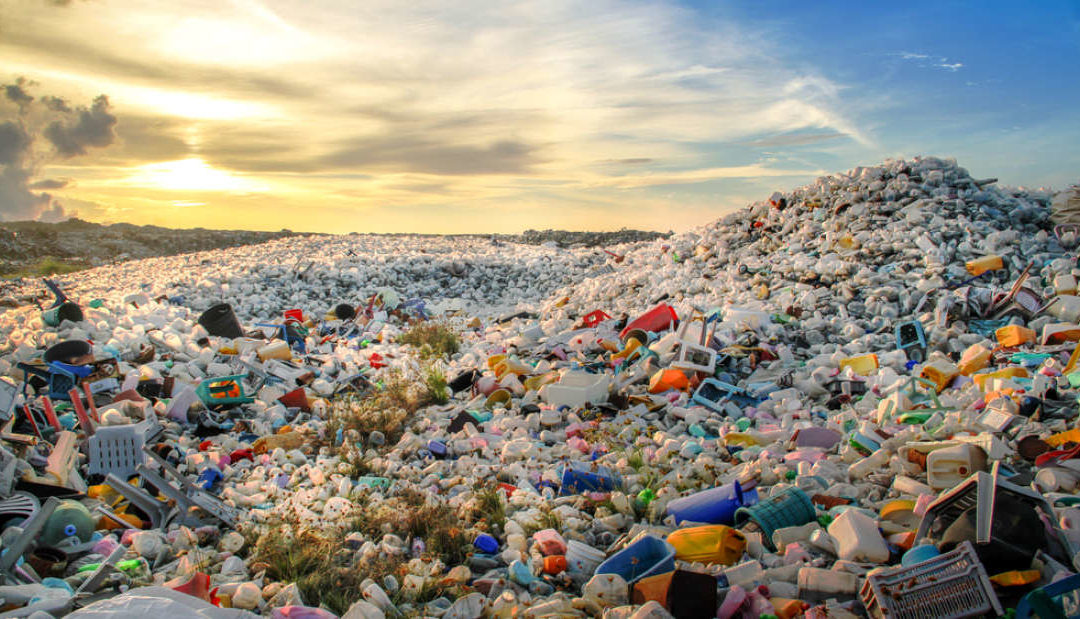SOURCE: IFLScience and BBC and PLOS One
DATE: August 1, 2018
SNIP: The most commonly-produced plastics have been found to leach greenhouse gases (GHG) into the environment as they degrade. Until now, emissions from plastic products have not been accounted for in future climate predictions, according to a study published in PLOS One.
Plastics used to make everything from food storage containers and textiles to construction materials and eyeglass lenses degrade naturally from environmental factors like light, heat, moisture, and chemical oxidization. When plastics physically change they also exhibit chemical changes that put methane and ethylene into the atmosphere, which can also have adverse effects on human health. Polyethylene used in plastic shopping bags was the biggest contributor to greenhouse gases and is also the most produced and discarded plastic in the world.
Low-density polyethylene (LPDE) plastics used to make frozen food bags, shrink wrap, and coatings for milk cartons were found in the ocean and can increase over time. Once sunlight starts to decompose the plastic – a process called photo-degradation – emissions can continue even as the Sun starts to fade. When these plastics are further broken down or cracked, the study authors say the rate of gas production can further accelerate. Microplastics – smaller pieces of plastic particles found to move up the food chain and in nearly every corner of the world, including Antarctica – may further accelerate GHG production.
What’s causing these emissions?
In short it’s the Sun. Solar radiation acts on the surface of plastic waste. As it breaks down, becomes cracked and pitted, these defects increase the surface area of plastic available to sunlight which accelerates gas production. Even in the dark, the gas continues to seep out.
What have the plastics industry said?
Nothing much at this point. According to Dr Royer, when she approached companies in the field, they weren’t keen on talking about it.
“I told them I was a scientist and I was trying to understand the chemistry of the plastic,” she said. “I was trying to order some plastics of different densities and I was asking questions about the process and they all said we don’t want to have contact with you anymore. I think the plastic industry absolutely knows, and they don’t want this to be shared with the world.”
From the paper in PLOS One: “Our results show that plastics represent a heretofore unrecognized source of climate-relevant trace gases that are expected to increase as more plastic is produced and accumulated in the environment. Due to the longevity of plastics and the large amounts of plastic persisting in the environment, questions related to the role of plastic in the CH4 and C2H4 global budgets should be prioritized and addressed by the scientific community.

